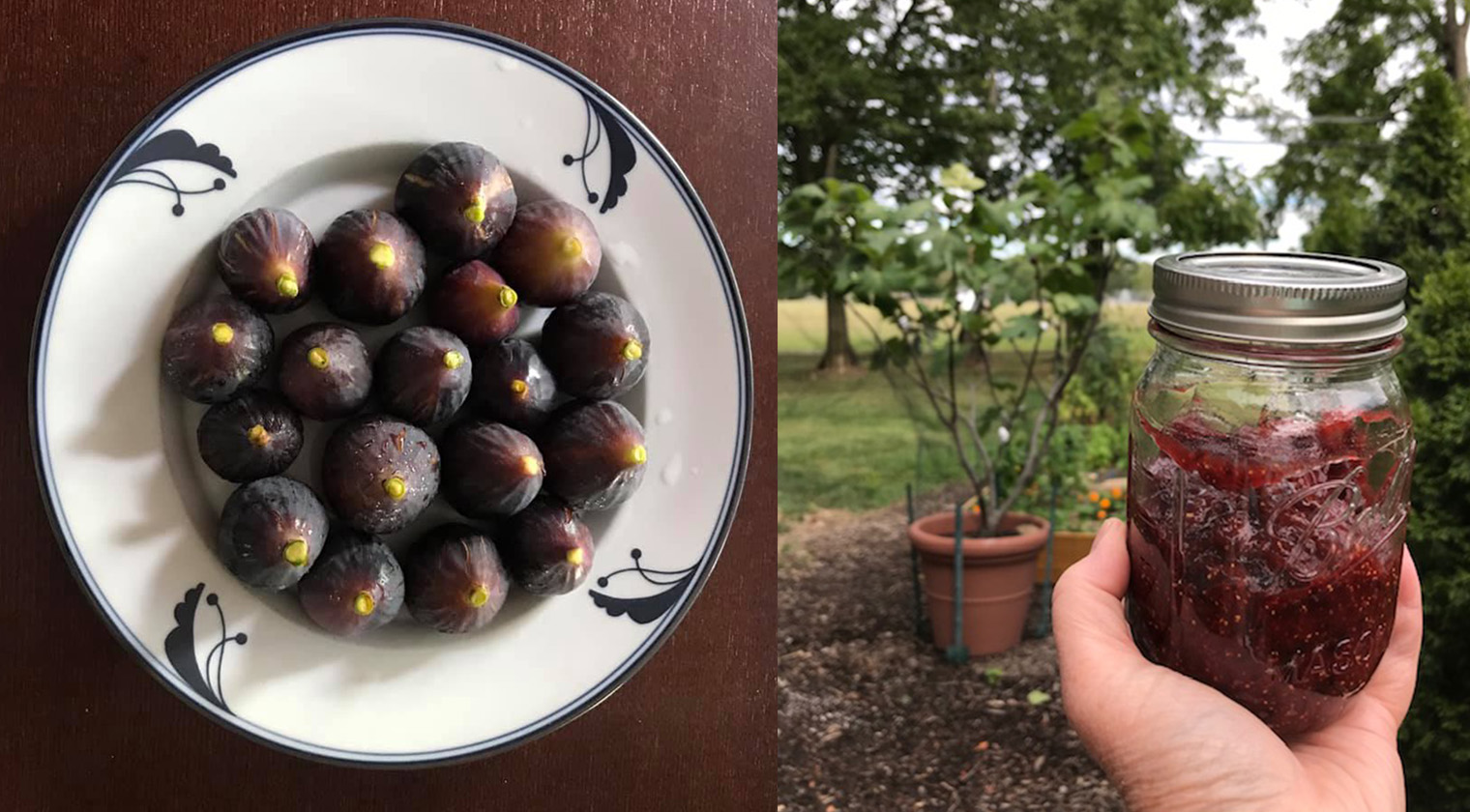Some thoughts on decolonizing philanthropy in America
In June, our neighbors were moving and offered us one of their potted fig trees. We had no experience with figs but were game to give it a try. Sadly, the first crop of big almost-ripe figs fell to the ground as we moved the tree across our bumpy yards. Oh well. We set the tree down next to our raised garden beds (also a new experience) and tended it.
Now, in late August, the tree has rewarded us with a bumper crop of second harvest figs. It turns out these are smaller, less sweet, and with a funky texture. After consulting with the experts in my Facebook feed I gamely decided to make fig jam, which requires an hour of constant stirring. So I pulled a stool up to the stove and grabbed the current issue of Stanford Social Innovation Review to occupy my time while stirring.
The article Inclusive Philanthropy by the faculty of the Lilly Family School of Philanthropy (LFSOP) caught my eye. Statements like “…center philanthropy in community, rather than managerial efficiency and effectiveness…” and “…critiques question the utility of defining the term [philanthropy] narrowly, as charitable giving” resonated with some of my own thoughts about the state of philanthropy in America. It is a focus on efficiency and effectiveness that has led many sophisticated fundraisers to focus exclusively on major gifts and overlook everyday donors. A narrow definition of philanthropy diminishes all other forms of generosity, resulting in the decline in civic-minded behaviors.
For several years, I’ve worked closely with the LFSOP as a member of the Giving USA Foundation board. I’ve had a front-row seat to our partnership in the production of Giving USA: The Annual Report on Philanthropy. Collectively, we’ve asked how our work can celebrate Americans’ generosity more broadly, beyond the realm of formal philanthropy.
As the figs, honey and lemon juice swirled in the pot, my thoughts did, too. I’ve had a growing unease at undercurrents that threaten philanthropy—even inclusive philanthropy. The article cites some of the trends:
- tax policy that rewards wealthy donors but not charitable giving by more modest households;
- the exclusion of volunteering, advocacy, and mutual aid through sites like GoFundMe from most measures of generosity;
- changes in work habits that challenge workplace giving, one of the more democratic forms of fundraising; and
- the continued concentration of more and more giving from fewer (wealthy) citizens.
Add to these the alleged abuses of charitable giving that have been widely reported, such as misappropriation of donors’ gifts to fund lavish lifestyles (NRA, WeFundTheWall), or the use of a shell nonprofit to facilitate a $60 million bribery scheme by Ohio’s Speaker of the House. It’s easy to see how everyday Americans might conclude that charity has become the arena of cheats and elites.
How do we fix it? My thoughts on the topic jelled just as the jam thickened.
Let’s decolonize philanthropy. Free it from its modern understanding as “giving money” (often lots of money) and return to its literal meaning as “love of humanity.” To decolonize is to reclaim; to honor the life-giving roots. Therefore, to decolonize philanthropy is to embrace the original, broader definition.
Even as we measure and celebrate the dollars given through formal channels to fuel the good works of nonprofit organizations (estimated at $449 billion in 2019 by Giving USA), let’s also find ways to acknowledge the equal generosity shown when neighbors help neighbors, or volunteer their time, or choose a career path for its impact on the community rather than its potential financial rewards. Or when a neighbor gives away a fig tree.
In their article, the staff of LFSOP cite several practices of inclusive giving. Social media lowers the barriers for raising funds and awareness. Giving circles engage members beyond financial contributions. Religious giving—with the highest and most diverse participation of any form of philanthropy—is embracing technology to stem declining membership. And the response to our current crises have demonstrated that everyday Americans will still rally to care for the sick, feed the hungry or protest injustice by giving their time, their voice, their money—and sometimes their lives—in pursuit of a cause.
In the end, all of my cleaning and chopping and stirring yielded just half a quart of jam. The work to decolonize philanthropy will also be slow and sometimes show equally meager results. Some of my colleagues in the Giving Institute (sister organization to the Giving USA Foundation) are taking steps in this direction with their formation of the Generosity Commission, which seeks to generate a data-driven national conversation about the role of inclusive philanthropy. That’s one place to start.
We can advocate for policies that increase participation in charitable giving and volunteering. We can recognize that all gifts matter, rather than focusing all of our efforts and attention on the headline-grabbing megagifts. “Expanded ways of giving promote greater participation and reshape the meaning of citizenship,” according to the article. “New approaches to giving will influence voting, elections, and policy…as citizens practice being decent neighbors and responsible stewards of the planet.”
As a professional in the world of philanthropy, that’s a cause I want to work toward.





